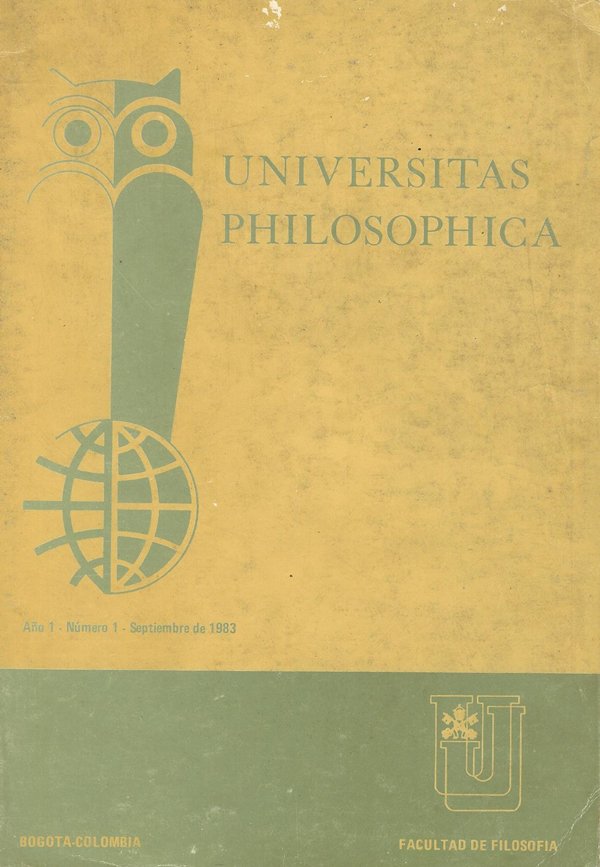Abstract
La ética de Eckhart es una ética de la negación. Esto significa que el hombre debe negarse a sí mismo y debe negar su voluntad, en favor de la voluntad y del ser divinos. Este proceso lo ha de realizar el hombre a todo momento y en cualquier circunstancia: con Eckhart se anula la diferencia entre las "grandes" acciones virtuosas y las "pequeñas" acciones no virtuosas. Todas las acciones del hombre, como acontencimientos puros, se conjugan ahora en una superficie donante del sentido ético. En este planteamiento es posible rastrear no sólo los elementos metafísicos neoplatónicos, sino también, y fundamentalmente, los aportes éticos de los cínicos y de los estoicos. Con esto se está retornando una nueva forma de hacer filosofía, caracterizada por la perversión que se hace de la altura ideal platónica, en favor de la combinación de los acontecimientos sobre una superficie sin espesor.
This journal is registered under a Creative Commons Attribution 4.0 International Public License. Thus, this work may be reproduced, distributed, and publicly shared in digital format, as long as the names of the authors and Pontificia Universidad Javeriana are acknowledged. Others are allowed to quote, adapt, transform, auto-archive, republish, and create based on this material, for any purpose (even commercial ones), provided the authorship is duly acknowledged, a link to the original work is provided, and it is specified if changes have been made. Pontificia Universidad Javeriana does not hold the rights of published works and the authors are solely responsible for the contents of their works; they keep the moral, intellectual, privacy, and publicity rights.
Approving the intervention of the work (review, copy-editing, translation, layout) and the following outreach, are granted through an use license and not through an assignment of rights. This means the journal and Pontificia Universidad Javeriana cannot be held responsible for any ethical malpractice by the authors. As a consequence of the protection granted by the use license, the journal is not required to publish recantations or modify information already published, unless the errata stems from the editorial management process. Publishing contents in this journal does not generate royalties for contributors.


